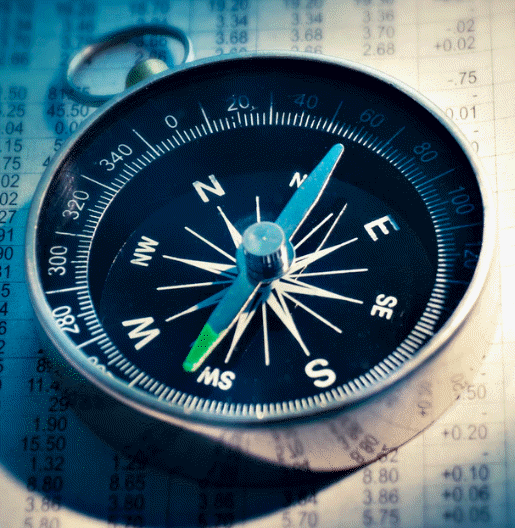East, West, Something, and Nothing

In Mandarin, the word for compass directions are:
East is 东 (Dōng) West is 西 (Xī) North is 北 (Běi) South is 南 (Nán)
Curiously though, the Chinese don’t say North, South, East, and West for compass directions like we do. Instead they say 东(Dōng), 南 (Nán), 西 (Xī), 北 (Běi) ie: they do them clockwise which is probably more sensible than us.

These directions are often combined with 边 (Biān) which roughly means side.
You’ll hear 北边 (Běibian) as the north side (or sometimes more like locating something as being to the north of). 方 (Fāng) might also be used in a related way but mean more like in the direction of. So 北方 (Běifāng) would be “in the direction of north” or perhaps “northward”.
You’ll often also hear them in relation to cities:
北京 (Běijīng) 南京 (Nánjīng)
The character 京 (Jīng) means something like the capital of a country or a region. So Běijīng is really like “northern capital” and Nánjīng was more like “southern capital”.
And you’ll hear them combined together, much the same way we say “northeast”:
东北 (Dōngběi)
When they are combined like this though, East and West always come first.
But then the most curious combination of all is:
东西 (Dōngxī)
which you’d generally expect to mean East to West, and while it can have a meaning like that, it’s generally used for “something”.
我会买东西。(Wǒ huì mǎi dōngxī) or “I will buy something”.
Not having it can also be used to define “nothing”:
我没有东西。(Wǒ méiyǒu dōngxī)
is literally “I not have thing” would mean “I have nothing”.
2018-11-30
